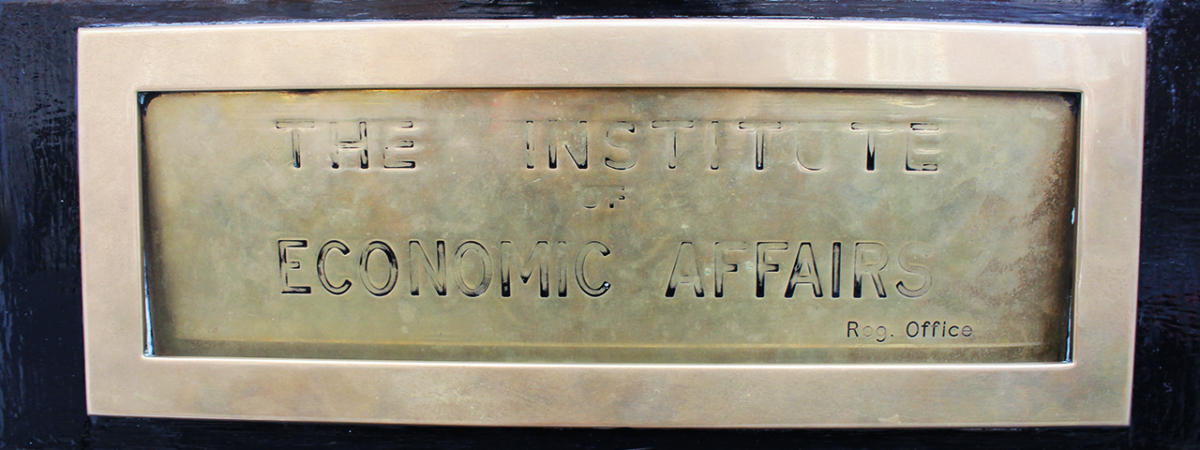Minimum alcohol pricing cost Scottish drinkers millions of pounds since introduction
SUGGESTED

IEA report sets out proposals for agriculture, post-Brexit

A response from IEA Chairman Neil Record

“When figures showed a small decline in alcohol consumption last week, some rushed to the conclusion that this was due to minimum alcohol pricing. Reducing alcohol consumption is not, in itself, an achievement. Minimum pricing was supposed to reduce alcohol-related deaths. The influential Sheffield Alcohol Pricing Model predicted 58 fewer deaths in the first year.
“It is too early to tell what impact minimum pricing had in the first year because the only available figures are for 2018. Minimum pricing did not begin until May 2018, but today’s statistics do not fit easily with some of the excitable claims made last week. All we know for sure about minimum pricing is that it has cost Scottish drinkers many millions of pounds.”
Notes to editors:
For media enquiries please contact Nerissa Chesterfield, Head of Communications: nchesterfield@iea.org.uk 020 7799 8920 or 07791 390 268
Figures from the National Records of Scotland, published today (26 June), show that the number of alcohol-related deaths rose from 1,120 in 2017 and 1,136 in 2018 (an increase of 1.4%) https://www.nrscotland.gov.uk/statistics-and-data/statistics/statistics-by-theme/vital-events/deaths/alcohol-deaths
Alcohol consumption figures published last week showed a 2.95% decline in 2018. Consumption has declined in nine of the last eleven years in Scotland.
Minimum pricing was introduced on 1 May 2018.
For related IEA research on alcohol policy, click here.
The mission of the Institute of Economic Affairs is to improve understanding of the fundamental institutions of a free society by analysing and expounding the role of markets in solving economic and social problems and seeks to provide analysis in order to improve the public understanding of economics.
The IEA is a registered educational charity and independent of all political parties.



